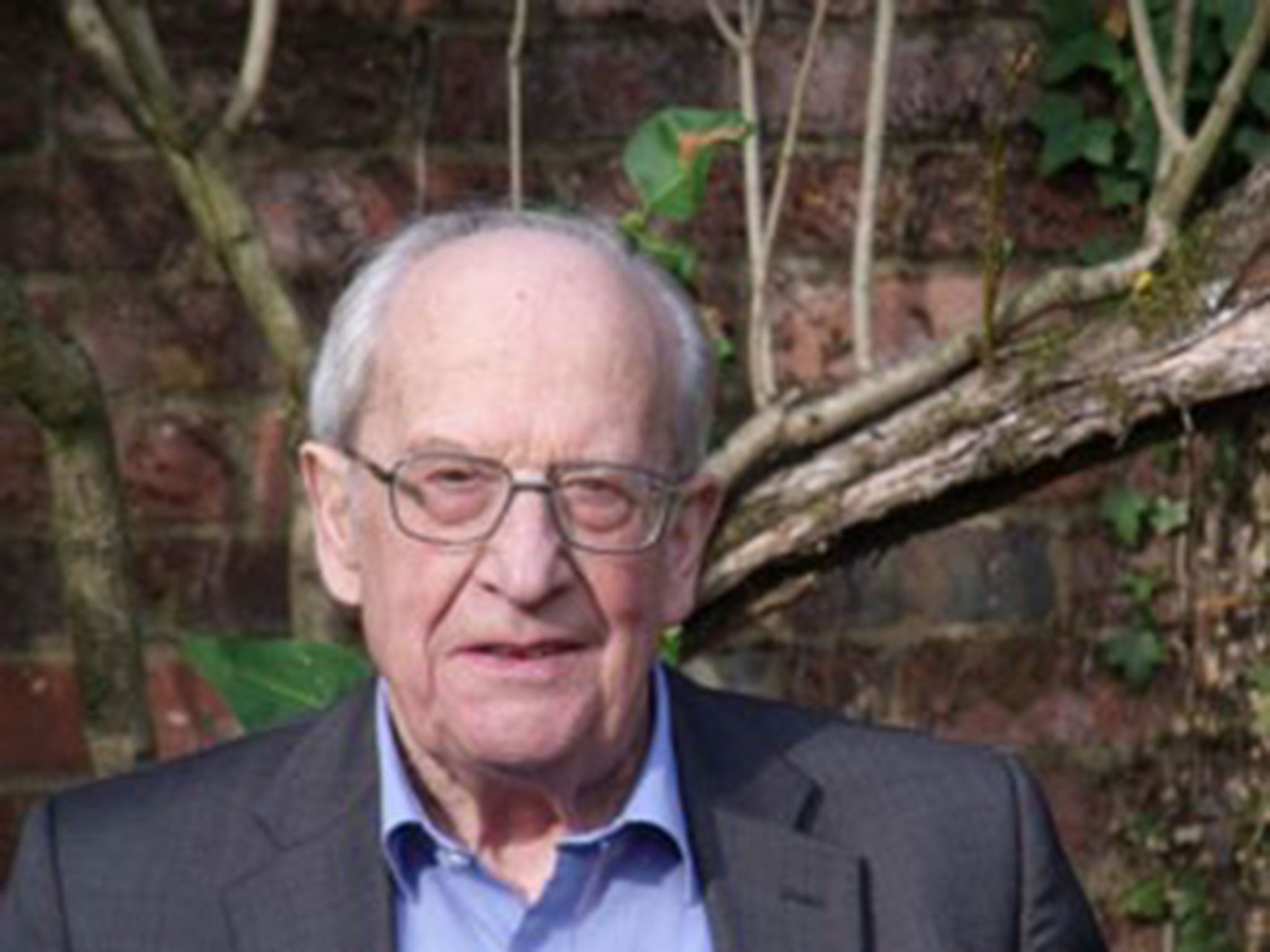Sir Alan Peacock: Renowned public-finance economist

Further to David McKittrick’s obituary of Sir Alan Peacock (5 August), Tam Dalyell writes: Alan Peacock was one of the heavyweight public-finance economists of the second half of the 20th century.
To understand Peacock – who revelled in confronting his academic colleagues, and Ministers of the Crown – it is necessary to dwell on his formative war years in the Navy, much of which was spent using his brains and familiarity with the German language on Arctic convoy duty.
On the publication of his book, The Enigmatic Sailor (2003), Sir Michael Howard CH, sometime Chichele Professor of the History of War at Oxford University, wrote: “It provides a vivid picture of a little known aspect of the Second World War – much is known about the acquisition of enemy intelligence through Ultra at Bletchley Park, but very little has been published about its use especially at the sharp end at sea. You have done us all a service by providing so fascinating and tenable an account.”
Peacock was called up to join the Royal Navy in April 1942 and served as a radio operator on East Coast convoys from August 1942 to June 1943. He found it was not difficult to grasp the essentials of radio communication and to learn how to search for wavelengths. However, the problem was that he had been taught literary German, not naval slang. But, as he was to do for half a century as an economist, he quickly mastered the unfamiliar.
One of Peacock’s ships, HMS Woolston, had a reputation for pitching and rolling sufficient to make even the most hardened sailor seasick. As compensation for this, ordinary seamen were paid an extra sixpence per day as “hard-lying money”. The young Peacock was outraged that Lady Astor, MP for Plymouth, considered this to be over-generous and tried in the House of Commons to have it stopped. Characteristically sharp, Peacock commented acidly, “Lady Astor based her case on her experience of having once spent a week before World War II on a destroyer in the South China Seas, but not, so far as is known, on the lower deck."
In 1954, when he edited Income Redistribution and Social Policy, the book which really established him as an economist, Peacock showed he had not forgotten the lessons of the lower deck.
Years later Peacock was asked by the UN to head an economic mission to Russia and whilst there received “a large envelope containing an impressive certificate signed by the chairman of the Soviet Committee on war veterans commending my war service". The British government later sent him a letter enclosing the Soviet medal. It came with “a stern message from the British Ministry of Defence. I was never to wear it alongside British decorations on official occasions!’’
At the end of the war, he received a letter of congratulation from the director of Naval Intelligence at the Admiralty, on his award of a DSC. The citation read: “For skill, resourcefulness and determination on special service with the Home Fleet."
Subscribe to Independent Premium to bookmark this article
Want to bookmark your favourite articles and stories to read or reference later? Start your Independent Premium subscription today.

Join our commenting forum
Join thought-provoking conversations, follow other Independent readers and see their replies